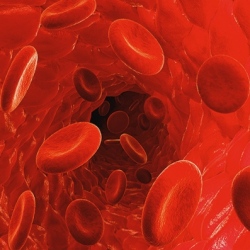
When combined, immunotherapy and chemotherapy kill a majority of dormant tumor cells. Researchers found that chemo alone leads to two types of dormant cancer cells that are not killed outright and become resistant to additional chemotherapy, but when combined with immunotherapy, a majority of dormant cells are destroyed.
"Immunotherapy is all about timing, " said Masoud H. Manjili, a researcher involved in the work from the Department of Microbiology and Immunology, VCU School of Medicine, Richmond, Virginia. "The best way to apply immunotherapy as cancer prevention is during tumor dormancy to prevent advanced stage disease."
To make this discovery, researchers treated breast cancer cells with a common chemotherapeutic agent. Nearly all of the cancer cells died as a result, but a residual population of tumor cells survived and became dormant. By measuring for the presence of a molecule associated with cell division, the scientists determined that this residual population of dormant cancer cells consisted of an indolent as well as a quiescent population.
Then, they treated the dormant cells with a product of the immune system, they found that dormant cells were susceptible to immunotherapy, and that quiescent, but not indolent cancer cells, could not escape from immunotherapy.
"Immunotherapy has become a paradigm shift in medical treatment of disease. Now, instead of our drugs targeting only diseased cells, we can target the immune system and provoke cells of the immune system to do the job for us," said E. John Wherry, Ph.D., Deputy Editor of the Journal of Leukocyte Biology.
"This new study demonstrates the importance of this concept of exploiting the immune system in cancer to target residual disease that our cancer drugs miss."
